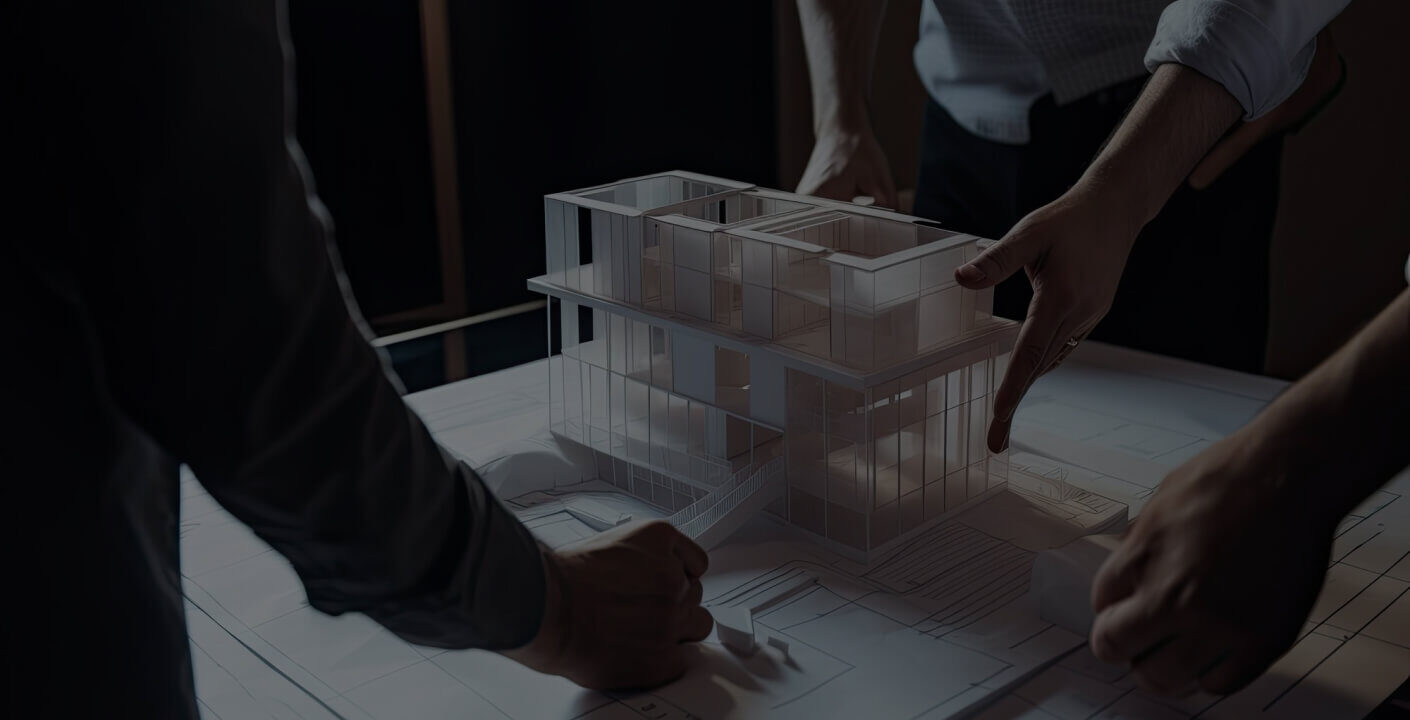Property development, while potentially lucrative, comes with various challenges that developers must navigate. These challenges can vary depending on factors like location, project size, and economic conditions. Here are some common challenges in property development:
- Land Acquisition and Zoning Regulations:
- Finding suitable land in the right location can be a major challenge. Zoning regulations, land use policies, and legal restrictions can affect where and how a development can take place.
- Financing and Capital:
- Securing adequate funding for property development can be a significant hurdle. Developers often need access to substantial capital for land acquisition, construction, and other project-related costs.
- Market Fluctuations:
- Property markets can be volatile, with fluctuations in demand and property values. Economic downturns or shifts in market trends can impact a project’s feasibility and profitability.
- Regulatory Approvals and Permits:
- Obtaining the necessary permits and approvals from government authorities can be a time-consuming and bureaucratic process. Delays in approvals can lead to increased project costs.
- Environmental and Sustainability Regulations:
- Increasingly stringent environmental and sustainability regulations may require developers to incorporate eco-friendly practices and technologies, which can add complexity and cost to a project.
- Construction Costs:
- Rising construction costs, including labor, materials, and equipment, can strain project budgets and affect profitability.
- Infrastructure and Utilities:
- Insufficient or outdated infrastructure, such as roads, water supply, and sewage systems, can pose challenges to property development. Developers may need to invest in upgrading or extending these services.
- Political and Economic Stability:
- Political instability, changes in government policies, and economic uncertainties can create risks for property developers. Investment and development decisions are often influenced by the broader economic and political climate.
- Community Opposition:
- Local communities may oppose development projects for various reasons, such as concerns about environmental impact, traffic congestion, or changes to the character of the area. Public resistance can lead to delays and legal challenges.
- Construction Delays:
- Weather, labor strikes, supply chain disruptions, and unforeseen construction issues can lead to project delays and increased costs.
- Interest Rates and Financing Terms:
- Fluctuating interest rates and unfavorable financing terms can affect the feasibility of a project and its long-term financial viability.
- Competition:
- The property development industry is often highly competitive. Developers must stay innovative and differentiate their projects to attract buyers or tenants.
- Legal and Contractual Issues:
- Legal disputes, contract disagreements, and issues related to land titles or property boundaries can lead to costly legal battles and project delays.
- Marketing and Sales Challenges:
- Selling or leasing properties in a competitive market can be challenging. Developers need effective marketing strategies and a deep understanding of target audiences.
- Technology and Innovation:
- Keeping up with technological advancements and innovative design trends is essential for remaining competitive and meeting the evolving demands of buyers and tenants.
Property development is a multifaceted industry that requires careful planning, risk management, and adaptability. Developers often work with a team of professionals, including architects, lawyers, project managers, and financial advisors, to address these challenges and increase the likelihood of successful projects.


